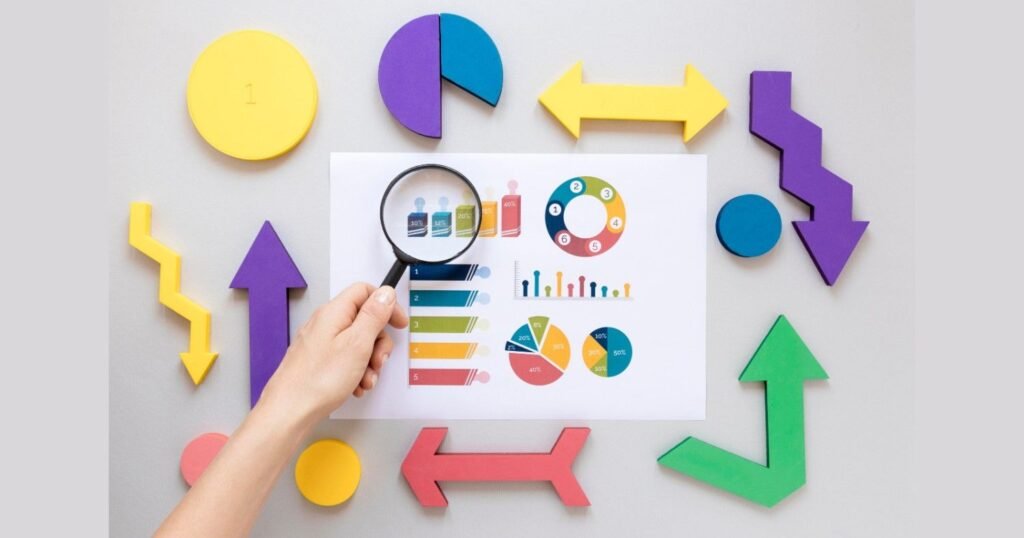Global YRDC Antibody Market
The global YRDC antibody market is witnessing rapid expansion, fueled by an uptick in chronic illnesses, continuous progress in biotechnological methods, and increased funding across research and clinical sectors. Among various types, monoclonal antibodies—especially humanized ones—lead the charge due to their precision in targeting specific disease markers. These antibodies are pivotal in treating cancers, autoimmune disorders, and infectious diseases. Recent developments, including bispecific antibodies and antibody-drug conjugates (ADCs), are transforming treatment strategies by improving therapeutic efficiency while minimizing adverse effects. Diagnostic use of antibodies has also surged, enhancing early disease detection through ELISA, lateral flow assays, and portable testing kits. With the global shift toward personalized medicine, there’s growing emphasis on companion diagnostics to tailor treatments to patient-specific genetic data. Major players such as Thermo Fisher Scientific, Cell Signaling Technology, and Abcam are setting benchmarks in antibody validation and manufacturing. Outsourcing trends are reshaping the production landscape, with contract development and manufacturing organizations (CDMOs) playing a larger role in scaling up cost-efficient solutions. Geographically, North America maintains dominance owing to its sophisticated medical infrastructure and research capital, while the Asia-Pacific region is projected to lead in growth due to rising healthcare investment and technological capacity.
Innovations in antibody development are revolutionizing both therapeutic and diagnostic applications. Techniques like phage display and single B cell screening are enabling the identification of high-affinity antibodies faster than ever before. Recombinant DNA methods and transgenic animal models further streamline production and enhance yield quality. In diagnostics, antibodies remain fundamental in tests such as immunohistochemistry, western blotting, and flow cytometry—empowering physicians with accurate, real-time disease markers. While oncology remains the largest segment, applications are quickly expanding into neurology, infectious disease management, and even metabolic disorders. Developing countries, which are rapidly improving their healthcare systems and diagnostic access, present substantial market opportunities. This evolution is also driven by cross-sector collaborations, including biotech-pharma partnerships and academic-industrial alliances. As technology continues to accelerate, the YRDC antibody market is well-positioned to meet increasing global demand for safer, faster, and more targeted healthcare solutions.

